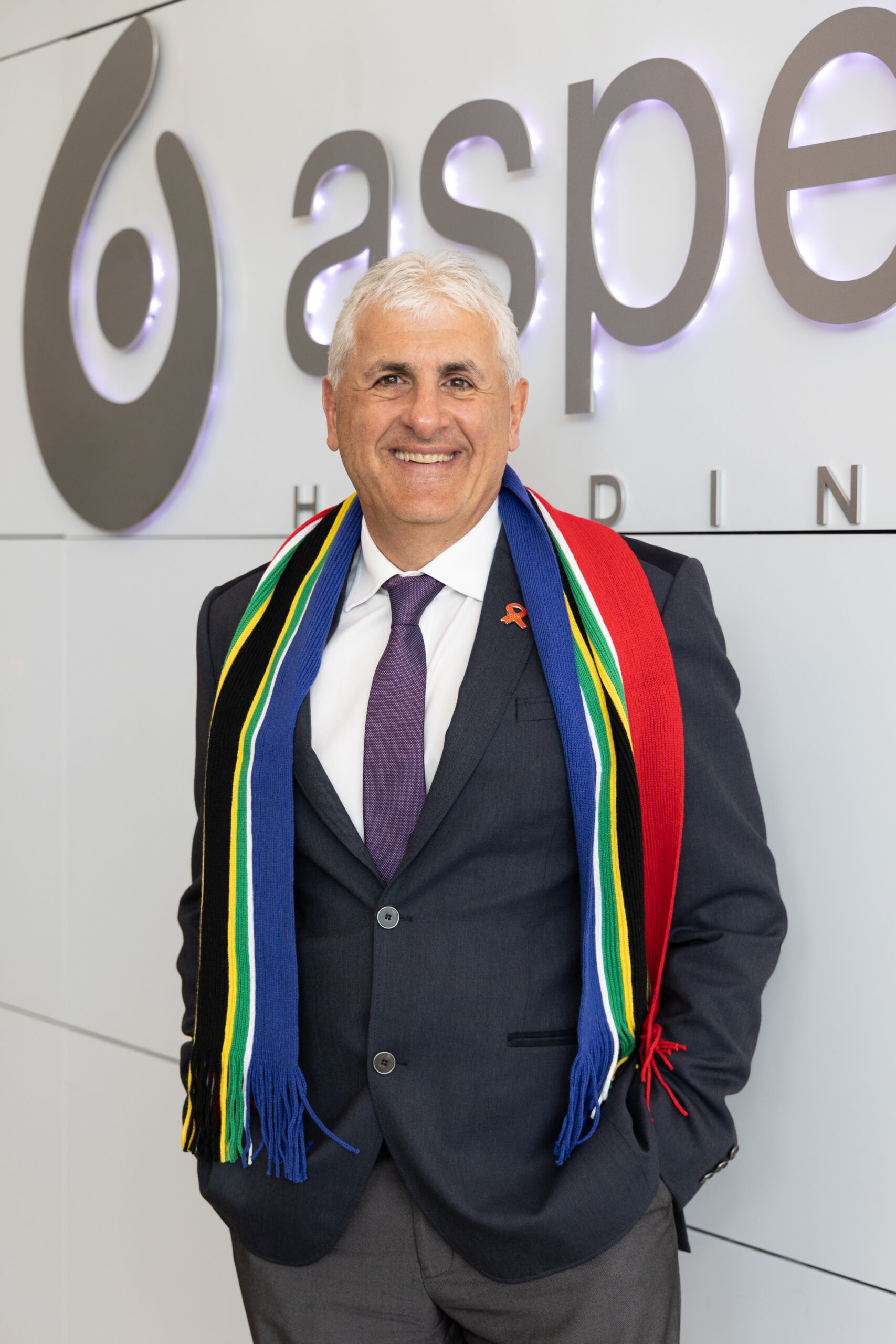
- New funding supports technology transfer from Serum Institute to Aspen to manufacture routine vaccines in Africa, for Africa
- Collaboration supports sustainable manufacturing capacity for African-produced vaccines for future epidemics and pandemics
Durban, South Africa – JSE Limited listed Aspen Pharmacare Holdings Limited (“Aspen”) a global multinational specialty pharmaceutical company, announced that it will receive USD30 million from the Bill & Melinda Gates Foundation (”the Gates Foundation”) and the Coalition for Epidemic Preparedness Innovations (“CEPI”) to support its capabilities to manufacture lifesaving routine and outbreak vaccines for Africa.
The new funding from CEPI and the Gates Foundation, which includes USD15 million from each organization, will support a ten-year agreement between Aspen and Serum Institute of India Pvt Ltd (“Serum Institute”) that aims to expand the supply and sourcing of affordable vaccines manufactured in Africa.
Through the partnership with Serum Institute, Aspen will manufacture and distribute four routine vaccines in Africa — Pneumococcal, Rotavirus, Polyvalent Meningococcal, and Hexavalent — with technology transfer activities initiating in early 2023. In addition to supporting the technology transfer of these routine vaccines, the funding from CEPI and the Gates Foundation will help sustain regional vaccine manufacturing capacity at Aspen for potential future outbreak response, with the intention of securing early access to African-produced vaccines in the event of a future public health emergency.
Stephen Saad, Aspen Group Chief Executive, said, “We thank both CEPI and the Gates Foundation for their commitment to support regional manufacture for Africa. Their commitment, together with our partnership with Serum, is an important first step in ensuring expanded and enduring equitable access to a pipeline of medicines and vaccines manufactured in Africa for Africans. Aspen has a proven capability of being at the forefront of pandemic preparedness for the Continent – from ARVs to COVID vaccines. This support will ensure we can continue to invest and expand our capacities, secure in the knowledge of future offtakes.”
Dr Ahmed Ogwell Ouma, Acting Director Africa CDC said, “Africa CDC welcomes and wishes to congratulate Aspen, the Gates Foundation and CEPI on the conclusion of their respective agreements. These landmark agreements are a demonstration of Africa’s, and in this instance, Aspen’s ambition to further enhance Africa’s vaccine localisation efforts, its intention to diversify the pipeline for Africa-specific vaccines and to improve Africa’s ability to respond to pandemic outbreaks. All these are critical elements to establishing health security and security of supply on the African continent in line with the vision of our New Public Health Order.”
“The urgent need to diversify vaccine manufacturing so every region can manage its own health security is one of the most significant learnings from the inequity of the COVID-19 pandemic response,” said Dr Richard Hatchett, CEO of CEPI. “CEPI is working with our partners at Africa CDC to support the expansion of vaccine manufacturing on the continent, and our collaboration with Aspen, the Gates Foundation and Serum Institute will help to deliver a sustainable and resilient business model capable of both producing routine and outbreak vaccines in Africa, for Africa .”
“Expanding the availability of affordable, high-quality vaccines that meet the needs of local communities is one of the best ways to improve health outcomes and reduce preventable deaths,” said Mark Suzman, Chief Executive Officer of the Bill & Melinda Gates Foundation. “We’re very pleased to support this agreement between Aspen and Serum Institute, which has the potential to expand vaccine production and supply in Africa, increase vaccination rates, improve pandemic preparedness, and broadly strengthen global health security.”
Over the past two decades, the increased globalization of vaccine manufacturing has generated more reliable vaccine supplies at a lower cost, helping many countries around the world reach more people with lifesaving vaccines. In Africa, however, 99% of all vaccines administered are currently imported. Because lifesaving vaccines and treatments are not available or affordable everywhere, vaccine-preventable diseases continue to have a devastating impact on the region. Last year, African leaders, civil society, the private sector, and organizations such as the African Union and the Africa Centres for Disease Control laid out a vision to expand regional manufacturing capacity, including an ambitious plan to produce 60% of the continent’s vaccines locally by 2040 and the launch of the Partnership for African Vaccine Manufacturing (“PAVM”), as well as a call for supranational funders and procurement agencies to source at least 30% of their requirements from African manufacturers.


